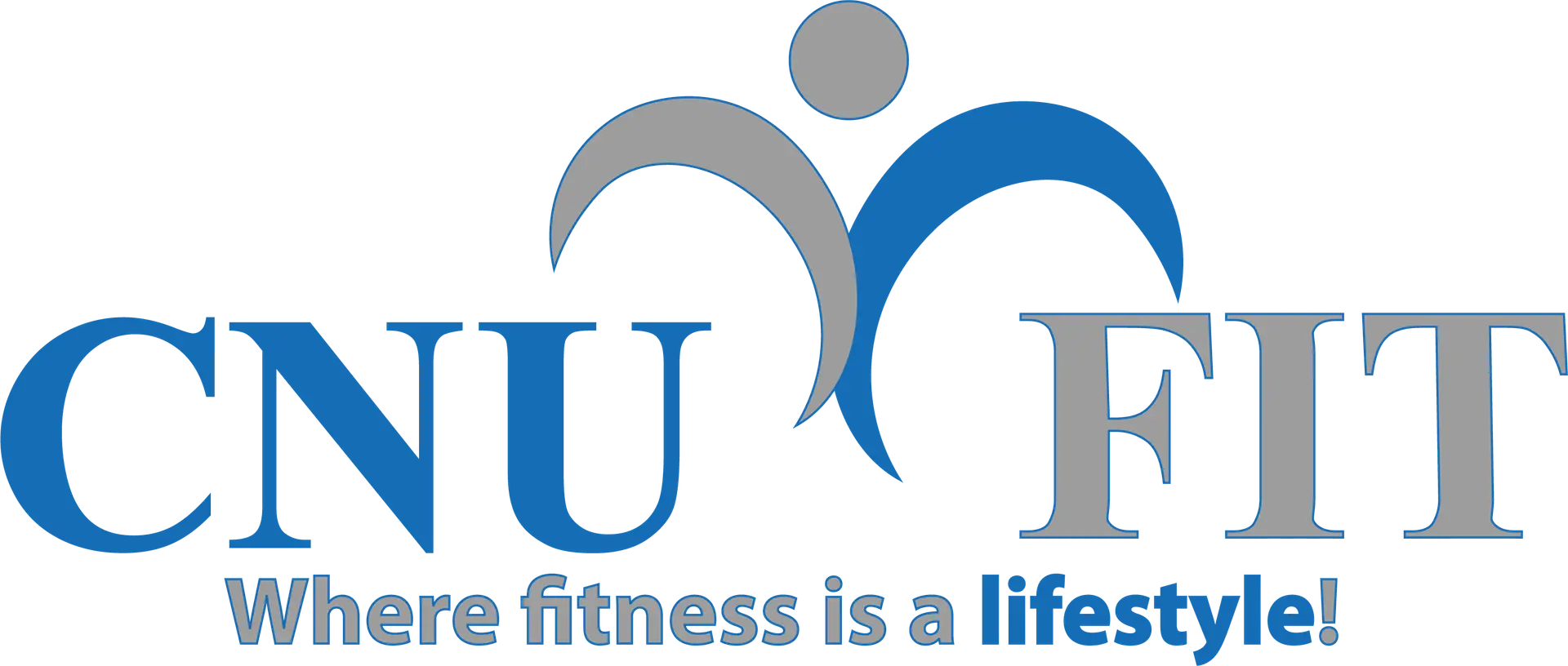When to Choose a Weight Loss
- You want to improve body composition and are at a reasonable calorie level.
Why is being at a reasonable calorie level important? It’s important because when on a weight loss goal, you will be decreasing your calories to put you in a calorie deficit. It will be challenging to be consistently compliant if you start too low.
- You want to lose weight and improve your overall health.
- You don’t have a suppressed metabolism.
A suppressed metabolism often develops when someone has a long history of yo-yo dieting or has recently come off a weight loss diet. It will be a more challenging weight loss journey if you are in this situation because your starting calories will be so low. We recommend doing a reverse diet to improve your metabolism.
- You haven’t recently come off a weight loss diet.
Weight loss can be mentally and physically taxing. It’s important to allow yourself some time to recover, so you put yourself in the best position for success with a new weight loss goal.
We like to loosely use a 20-week rule. If it’s been 20-weeks or more since your last diet, and you don’t fall into any of the categories above, you’re in an excellent position to start a weight loss goal.
Keep in mind that it’s essential to set a realistic weekly rate of loss. If it’s too aggressive, it may lead to you struggling with compliance with your weekly targets. When considering your goal, providing that you are compliant, you should be losing at .5-1% of body weight per week max.
When to Choose Reverse Dieting
The main reason someone selects a reverse diet as their goal is to build their maintenance calories.
Now you might be asking why you need to increase your maintenance calories first? Continual yo-yo dieting or being in a long-term calorie deficit can harm your metabolism to the point a reverse diet may be needed. This will correct your maintenance calorie levels before beginning a weight loss phase.
Starting a weight loss goal with higher calories is beneficial since regular calorie drops will happen. The higher your starting calories are, the better your position will be as your calories keep lowering, which is a more sustainable approach.
Now a reverse diet is not a plan for weight loss. You will likely gain weight. A reverse diet will put you in a calorie surplus, but it is different from a traditional weight gain phase. Think of it as being just over the upper end of your maintenance range, where your calories can increase while limiting body fat gain. This will allow you to return to a weight loss phase and progress in the long run by rebuilding maintenance calorie levels.
- If you have a lot of weight to lose
- You know that your maintenance calories are already on the high end
- You are looking to gain at a rate higher than a reverse diet
- You are comfortable with your current maintenance calories
Starting with a goal other than a reverse diet is suggested.
When to Choose a Maintenance
- If you are new to tracking your macros and calories, starting in a maintenance phase will help develop the habits and knowledge to apply to other goals.
- If you don’t have a set goal in mind, are between goals, or are just returning to tracking and want to rebuild that habit.
- If you want to figure out your maintenance before going to a different goal.
- If you are coming off a reverse diet. It’s usually a good idea to switch over to maintenance to allow your body weight to stabilize before transitioning to another goal. This will allow your coach to better understand your true maintenance calories and give you a little mental break before transitioning into another goal.
- If you’re currently on a weight loss goal, are going on vacation, and don’t want to completely derail the progress you have made. This will give you more calories to enjoy on vacation while also holding you accountable to a calorie intake, so you don’t overeat the whole vacation.
- If you’re happy with your current maintenance calories, comfortable with your current weight, and want your coach to keep you on track.
When to Choose a Weight Gain
A weight gain goal is great if you are looking to build muscle. Individuals who are:
- Regularly strength training
- Have a time frame set aside to be in a calorie surplus
- Are you comfortable seeing the scale move up
- Are willing to eat more are
Then you are a great candidate for a weight gain goal.
If you are hesitant to gain due to scale concerns or are starting with a higher level of body fat, then a weight gain goal may not be the best option. You might want to choose a reverse diet which will put you in a small surplus compared to a weight gain goal.

